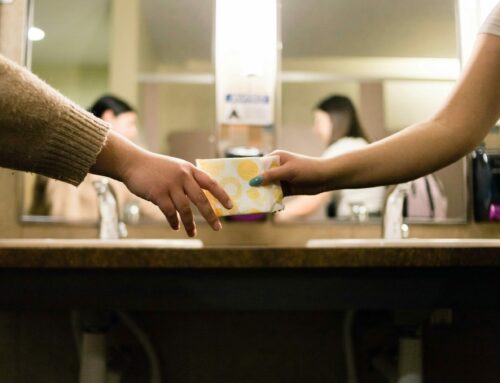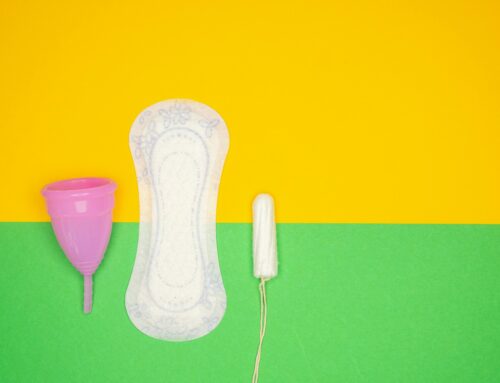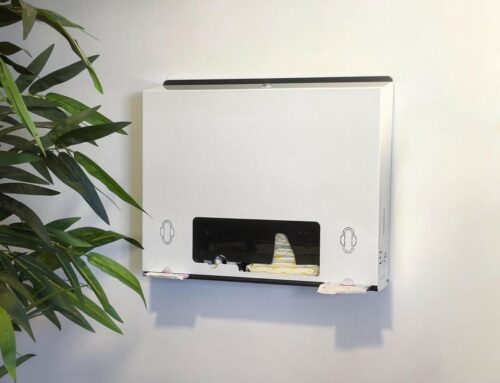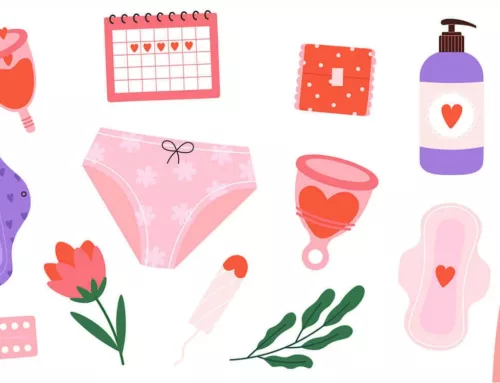Today, the theme of period poverty is increasingly present in our lives and yet not everyone knows what it really means. Poverty, periods, two words that for some have no relation, so let’s see what period poverty is.
Period poverty: definition
In reality, it is a very simple concept that can lead to disastrous consequences. Being in a situation of period poverty is the fact of lacking or having difficulty accessing menstrual products for economic reasons. Some women must then choose between feeding themselves or buying sanitary protection. This menstrual poverty is linked to various factors: the lack of information on menstruation and infrastructure (toilets, access to water, etc.), but also the high cost of periodic protection.
Period poverty: consequences
For many menstruating people, this menstrual poverty can lead to strong social exclusion. Indeed, for lack of pads or tampons, some women remain locked up at home for the duration of their period. This can lead to difficulties in professional integration or dropping out of school in the case of students.
Beyond the social and human cost, the dangers to health are substantial. In order to compensate for the lack of financial means to buy decent and healthy menstrual products, many women tend to keep their tampons or pads longer than necessary, to use less during the cycle. These practices can, in the most serious cases, lead to the development of toxic-shock-syndrom. Some women even find themselves having to make their own menstrual protection, with unhygienic fabrics and materials, such as water bottles or newspaper. This is particularly the case for homeless women and prisoners.
Period poverty: statistics
As a reminder, periods concern around 800 million per day in the whole world, i.e. women between 13 and 53 years old. For all these women, the average cost of menstrual protection throughout their life represents around £3300, according to a study carried out by Le Monde in 2019 (between £4 and £6 per month). To this must be added additional expenses but directly related to menstruation, such as painkillers, gynecology or doctor’s fees…
Period poverty can affect all women, but a very affected category of the population is that of pupils and students.
Stop period poverty
More and more associations are emerging to denounce menstrual poverty (period poverty). Some governments have also decided to abolish the tampon tax and therefore have declared tampons and pads to be basic necessities.
One of the solutions to fight against period poverty is the installation of sanitary protection dispensers in your toilets in order to provide free period products to your public. This will guarantee access to sanitary pads and tampons for everyone at all times.
Finally, period poverty is a growing problem in our societies. It is therefore important to take action and help fight against menstrual insecurity in order to allow all women to have quality period protection when they have their period.






